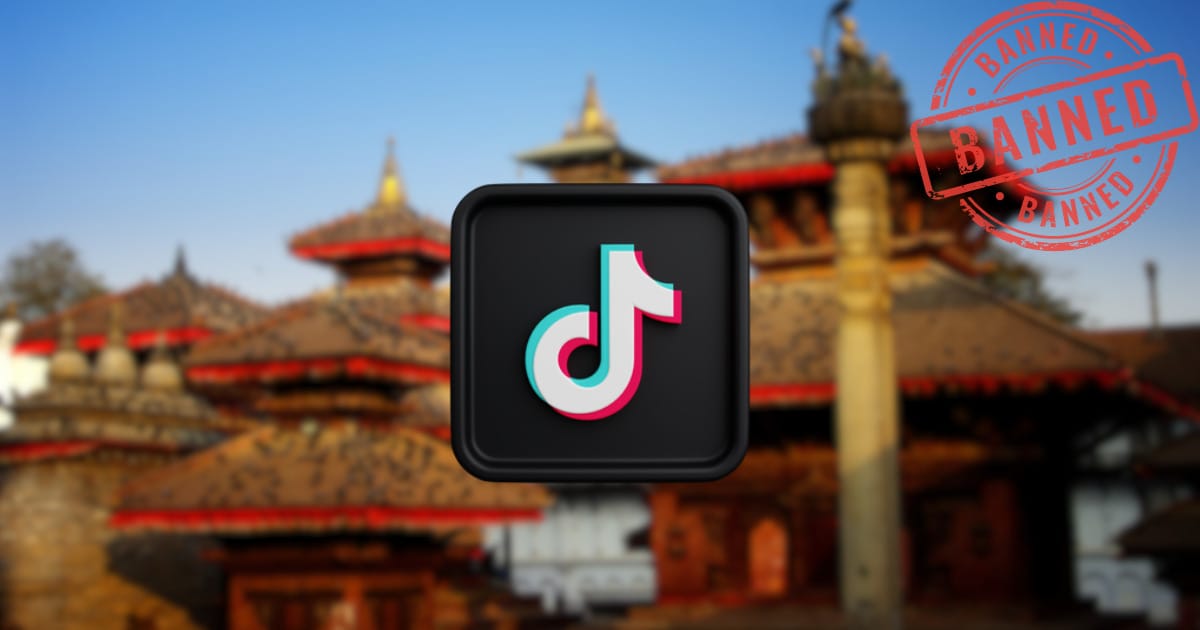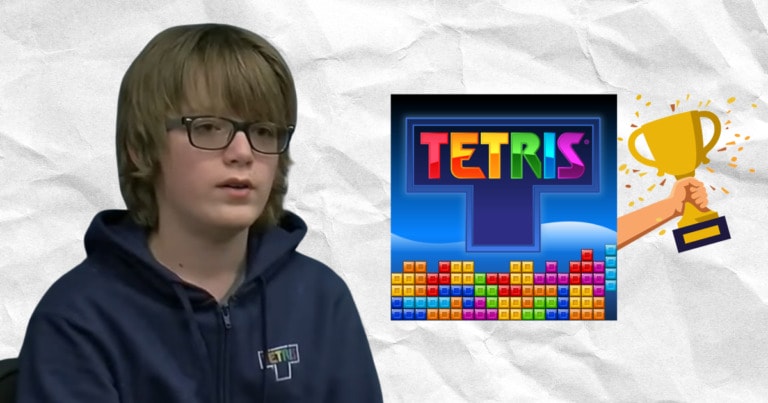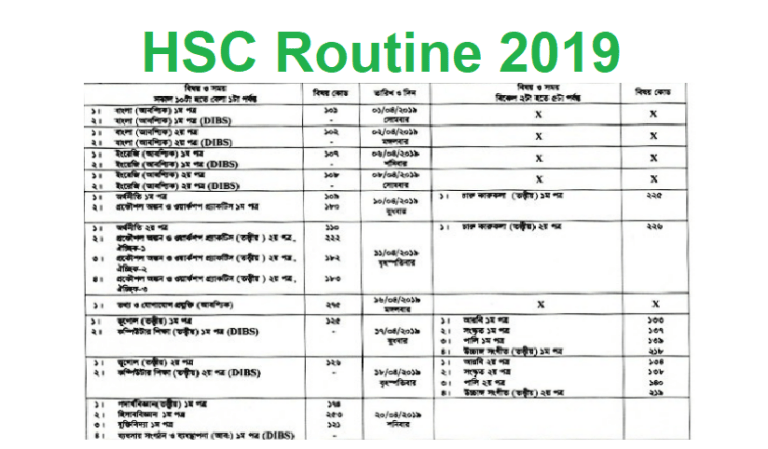
Nepal has announced its decision to ban the popular social media app TikTok. This decision comes because of growing concerns about the app’s impact on the younger generation.
The government of Nepal has decided to ban TikTok, a decision influenced by the need to protect its young citizens. TikTok, known for its short-form videos, has become immensely popular worldwide, especially among teenagers and young adults. However, this popularity has raised concerns among authorities about the potential negative impact on young users.
The decision to ban TikTok in Nepal is not isolated. Several countries have expressed concerns about the app, particularly regarding data privacy and the mental health of its users. The app’s addictive nature and the spread of potentially harmful content have been major points of contention.
Nepal’s move to ban TikTok reflects a growing trend of countries taking a stand against social media platforms that they believe pose a risk to their citizens, especially the younger population. The government’s primary concern is to ensure the safety and well-being of its youth, who are considered vulnerable to the influences of such platforms.
The ban on TikTok in Nepal is expected to have significant implications. It will not only affect the app’s user base in the country but also send a message about the government’s stance on digital safety and youth protection. This decision might prompt other nations to reevaluate their policies regarding social media and its impact on society.
Nepal’s decision to ban TikTok is a bold move aimed at protecting its young citizens from the potential negative effects of the app. This decision highlights the importance of regulating social media platforms to ensure they are safe and beneficial for all users, especially the younger generation.






